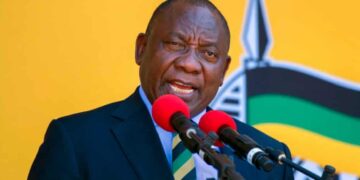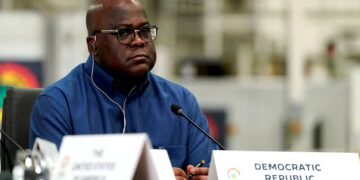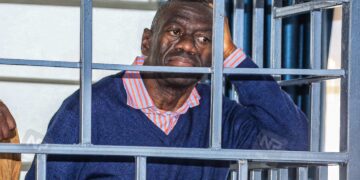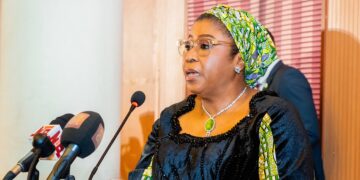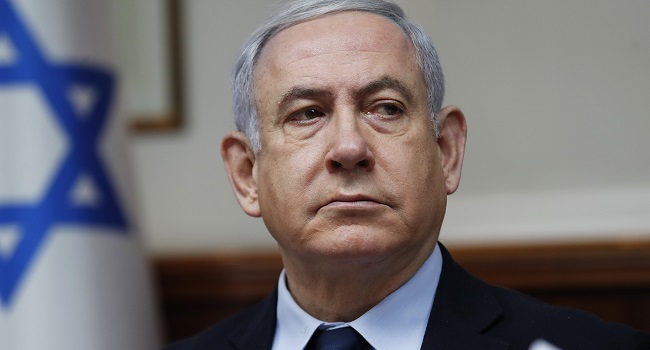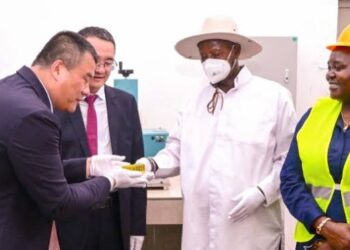By Enyichukwu Enemanna
A court in Israel on Sunday postponed Prime Minister Benjamin Netanyahu’s testimony in his corruption trial, following his request for a delay with the support of US President Donald Trump, who called for termination of the trial.
“Following the explanations given… we partially accept the request and cancel at this stage Mr Netanyahu’s hearings scheduled” for this week, the Jerusalem District Court said in its ruling, published online by the premier’s party, Likud.
Netanyahu’s lawyers had asked the court to excuse him from testifying over the next two weeks so he could focus on security issues following a ceasefire with Iran and amid ongoing fighting in Gaza, where Israeli hostages are held.
They had submitted Netanyahu’s schedule to the court to demonstrate “the national need for the Prime Minister to devote all his time and energy to the political, national and security issues at hand”.
The court initially rejected the lawyers’ request but said in its ruling on Sunday that it had changed its judgment after hearing arguments from the Prime Minister, the head of military intelligence, and the chief of the Mossad spy agency.
On Wednesday, Trump described the corruption case against Netanyahu as a “witch hunt”, saying the trial “should be CANCELLED, IMMEDIATELY, or a Pardon given to a Great Hero”.
He added in a post on his Truth Social platform on Saturday that the United States was “not going to stand” for the continued prosecution, prompting Netanyahu to thank him in a message on X.
Israeli opposition leader Yair Lapid on Thursday criticised Trump, saying he “should not interfere in a judicial trial in an independent country”.
Netanyahu has thanked Trump for his support in Israel’s brief war against Iran, which ended with a ceasefire on June 24.
Netanyahu has denied any wrongdoing, and his supporters have described the long-running graft trial as politically motivated.
In one of the cases, he and his wife, Sara, are accused of accepting more than $260,000 worth of luxury goods such as cigars, jewellery and champagne from billionaires in exchange for political favours.
In two other cases, Netanyahu is accused of attempting to negotiate more favourable coverage from two Israeli media outlets.
During his current term, which started in late 2022, Netanyahu’s government has proposed a series of far-reaching judicial reforms that critics say were designed to weaken the courts.
Since the beginning of the case in May 2020, Netanyahu has requested postponement of the trial multiple times.








